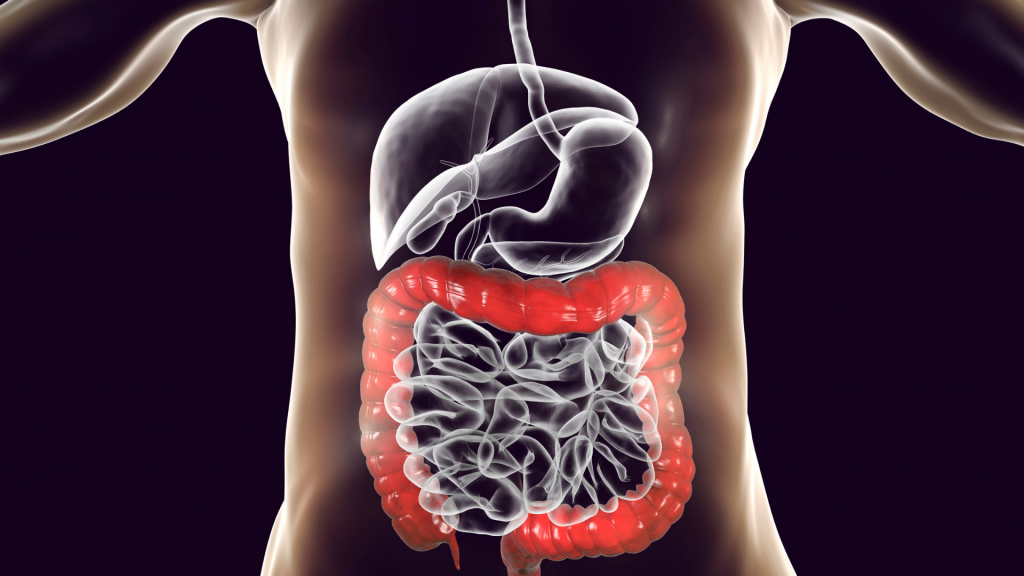
What Is Gut Health?
“Gut health” has become a buzz phrase in the health world. Health-food stores, for example, now stock shelves full of probiotic foods and drinks. But what does it mean? Some people have defined it as your body’s “second brain,” while others have called it the “forgotten organ.” It’s both of these and more. Your gut is the hub of your body’s nervous system: It contains roughly 100 million neurons, making it one of your biggest nerve centers. It is also the home base for 70 percent of your immune system, which helps protect you from pathogens (disease-causing germs) that make their way into your digestive tract.
You may have heard from a Gut Health Specialist that our gut is incredibly important, often referred to as “the second brain.” This is because it houses around 100 million neurons, which is about the same as in our spinal cord. These neurons help regulate digestion, the immune system, and even brain function. With such a crucial role, it’s no surprise that many health issues can be linked to gut problems, such as irritable bowel syndrome, leaky gut syndrome, and even depression.
Your gut contains hundreds of trillions of microorganisms, many of which are beneficial to your health. These microorganisms are collectively known as gut microbiota. They live within a community that is quite complex but are primarily divided into two groups: the bacteria and the archaea. The bacteria and archaea within your gut are collectively known as gut flora.
Most of the time, gut health is simply a byproduct of good general health. If you eat a healthy diet as well as combine it with gut health supplements and get enough exercise, you’re likely to have a healthy gut. However, there are some steps you can take to maintain a healthy gut, and there are also some common things that can cause problems.
The digestive system is an intricate network of organs and muscles that work together to break down food and absorb nutrients. Most of this process is automatic and unconscious, thanks to the enteric nervous system and a series of reflexes. The ENS is the “second brain” in our gut; the two are connected by the vagus nerve, which runs from the esophagus to the colon. But that doesn’t mean that the digestive system doesn’t need to be taken care of. Just like a car needs an oil change once a year, your body needs regular tune-ups to keep things running smoothly. This is why investing in a vagus nerve stimulation device makes for a healthy choice, as it can help with inflammatory bowel disease and other gastrointestinal issues by increasing vagal tone might be a good option.
How Do You Keep Your Guts Healthy?
It’s hard to believe, but your gut health directly impacts your overall health and can even play a role in how likely you are to develop certain diseases. Your digestive system is home to hundreds of types of bacteria, and your gut health is largely dependent on the balance of “good” and “bad” bacteria. There are thousands of ways to improve your gut health, from changing your diet to taking supplements like this sbo probiotics, but there’s no right or wrong answer. Start by learning more about what you can do to care for your digestive system.
Keeping your guts healthy isn’t just about having regular bowel movements. Your digestive system is a complex network of organs and processes that break down and absorb the nutrients from the food you eat. And a healthy digestive system doesn’t just mean fewer bathroom trips; it also reduces the risk for a host of health issues, including colon cancer.
Just like you take time to get regular checkups for your teeth and skin, it’s also important to check in on your gut health. No, I’m not talking about medicine or pills – I’m talking about the hundreds of billions of microorganisms that live in your intestines. These microorganisms, collectively known as your microbiome, are vital to your overall well-being. They help you digest your food, fight off infections, and regulate your metabolism. But your microbiome isn’t static – it’s changing all the time, depending on what you eat.
You should also try to keep your stress levels down since they can actually directly impact the health of your guts. If you’re stressed, take some time for yourself, whether it’s for doing your hobbies or just lazing around in the house and eating a bunch of snacks in the kitchen.
